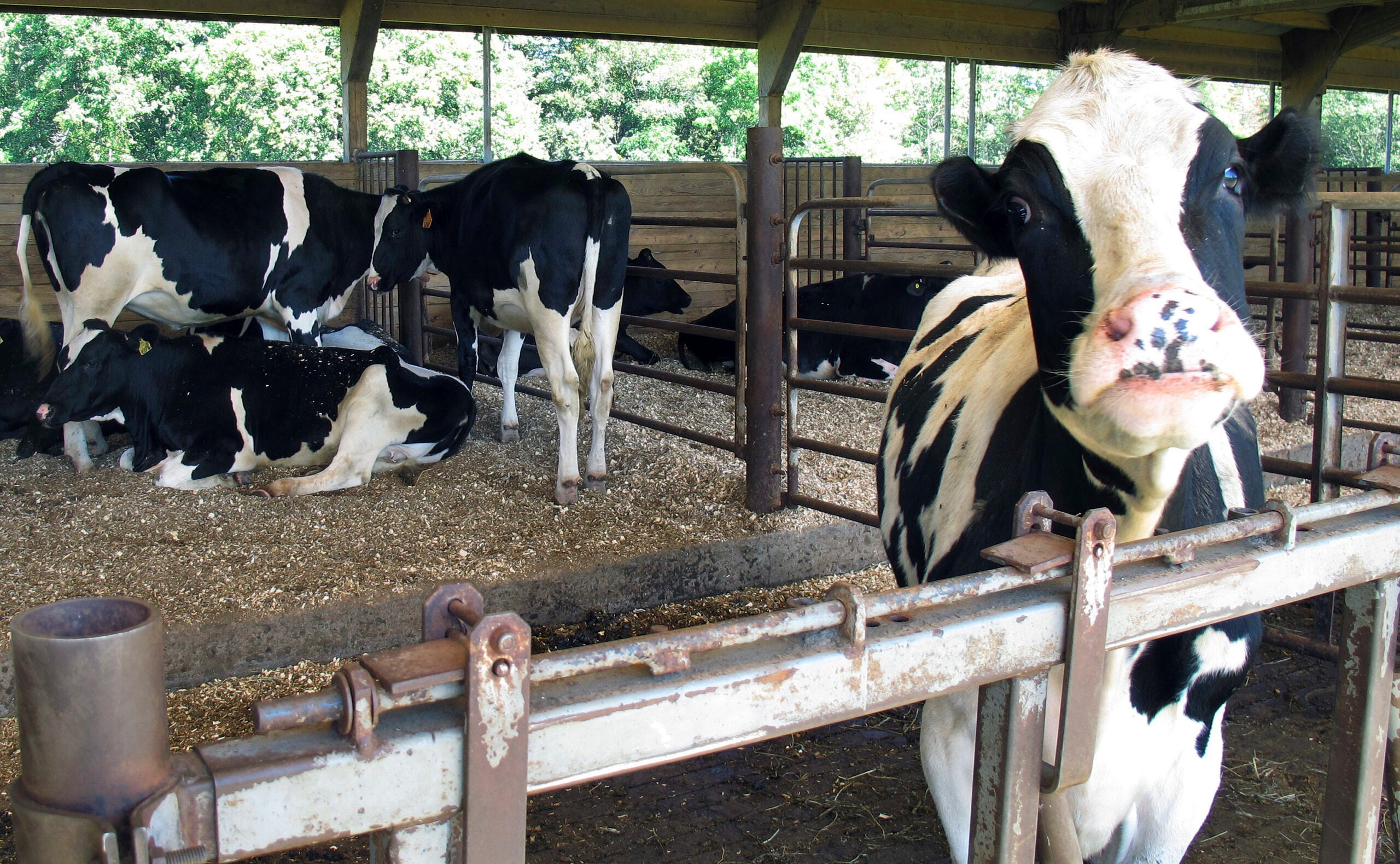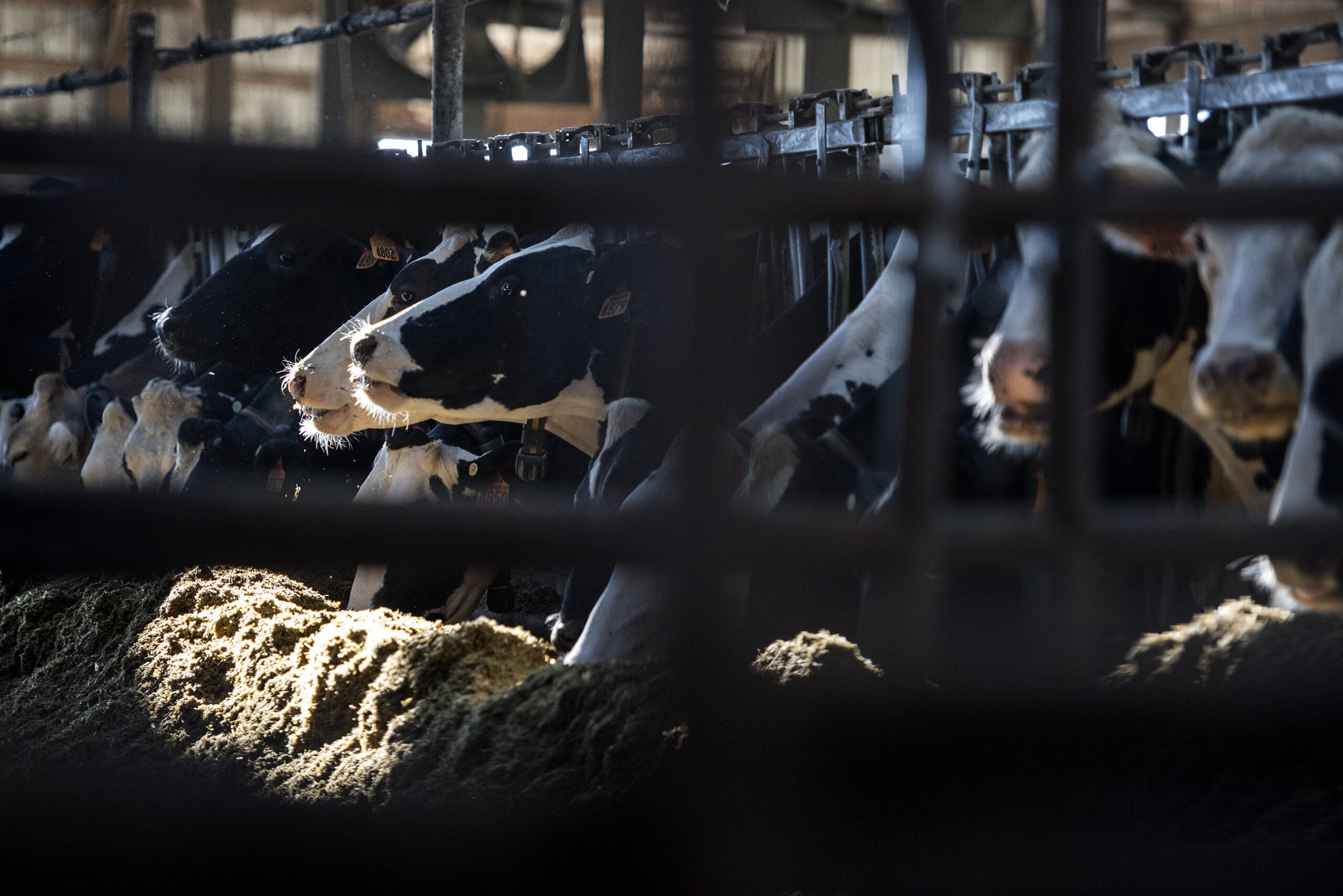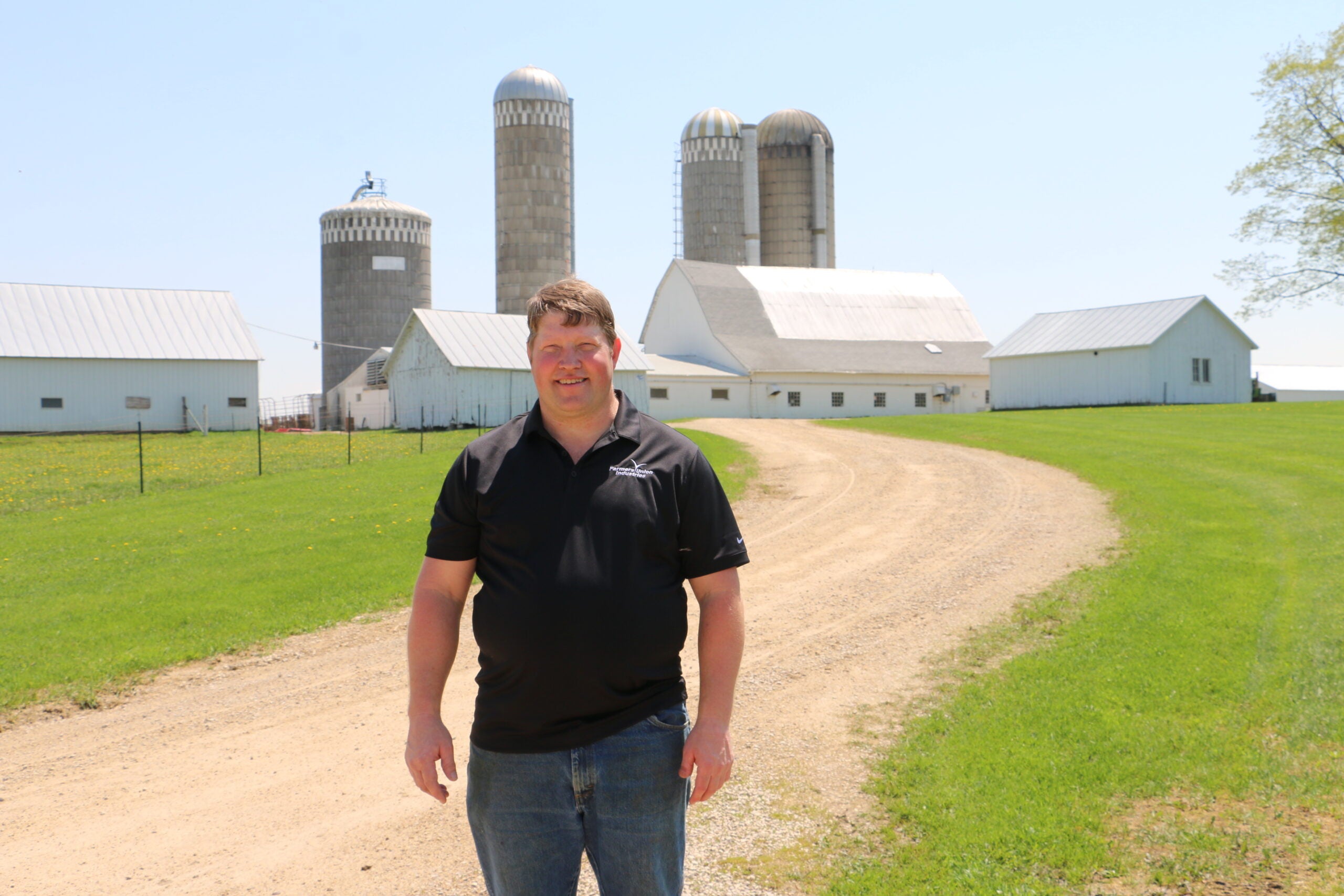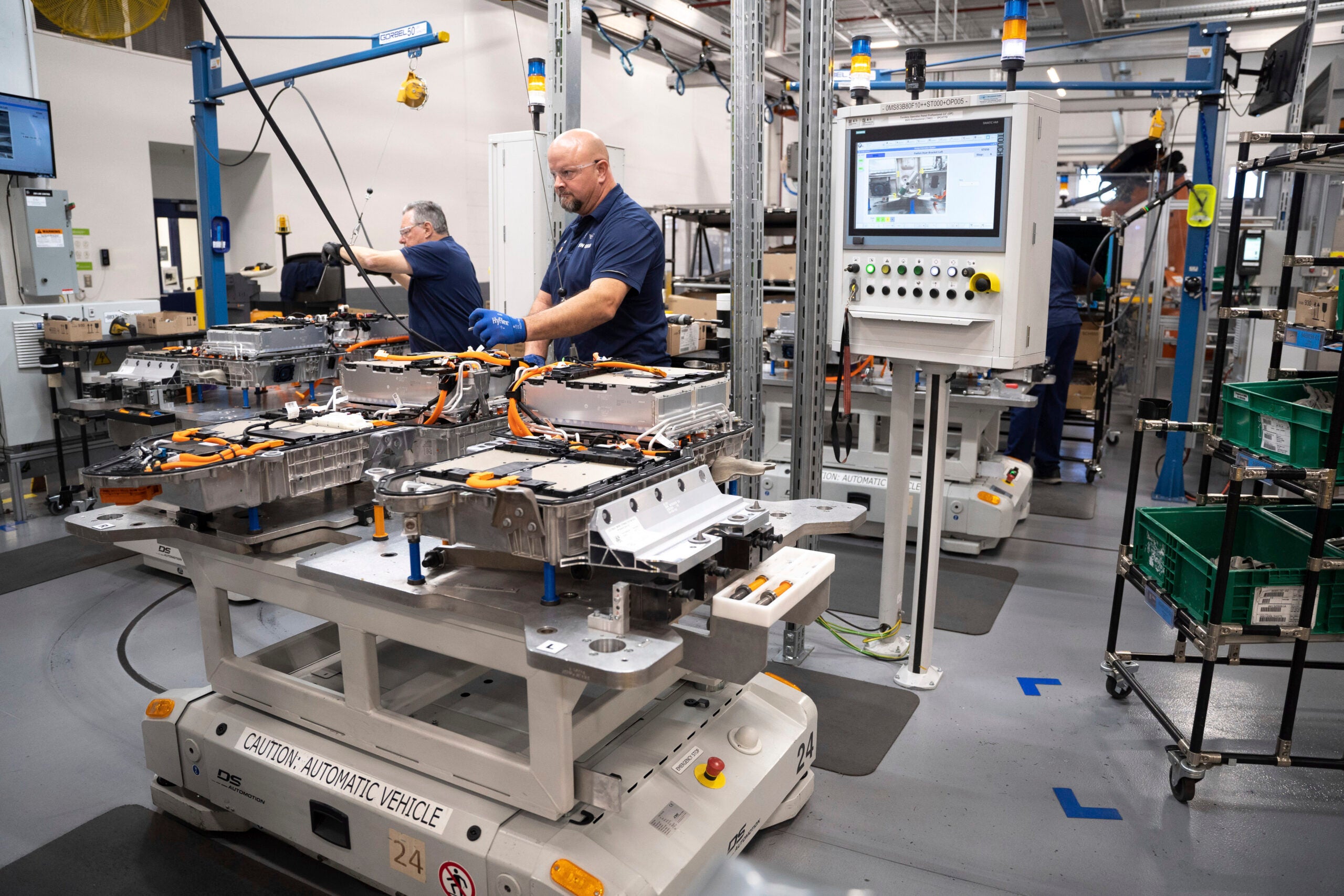Wisconsin experts disagree on how the sale of the nation’s largest milk processing company will impact the dairy industry.
Dairy Farmers of America (DFA), a national milk marketing cooperative, announced in a press release this week that it had reached an agreement to purchase “a substantial portion” of Dean Foods’ assets and business. Dean Foods filed for bankruptcy in November, citing the impact of continued declines in milk consumption.
DFA said in the press release it had agreed to purchase 44 of the company’s facilities and the associated store delivery system for $425 million.
News with a little more humanity
WPR’s “Wisconsin Today” newsletter keeps you connected to the state you love without feeling overwhelmed. No paywall. No agenda. No corporate filter.
“As Dean is the largest dairy processor in the country and a significant customer of DFA, it is important to ensure continued secure markets for our members’ milk and minimal disruption to the U.S. dairy industry,” said DFA President Rick Smith in the press release.
But Peter Carstensen, professor emeritus from the University of Wisconsin-Madison Law School, said the deal could end up hurting dairy farmers by giving DFA too much power over the market.
“We’re going to see, if this merger goes through, a very, very dominant milk handler, which will give you enormous power over dairy farmers,” Carstensen said. “There are some farmers who really admire DFA and feel it’s done well by them. But for many other farmers, it’s going to put them at risk because they’re going to have no other outlet for their milk.”
Carstensen said the cooperative could decide to lower what they pay farmers to keep their processing costs down or they could raise their pay price to drive other milk processing companies out of business.
He said the consolidation could drive other milk processors to try to get bigger in order to compete.
“This is not efficiency, this is not trying to find a better way to process milk,” Carstensen said, “It’s all about trying to manipulate the market to make more money for the processor.”
Mark Stephenson, director of dairy policy analysis at UW-Madison, disagrees. He said DFA has been criticized in the past for controlling much of the processing capacity in certain regions of the country, making it harder for non-member farmers to sell their milk.
“I think the concern would be whether there’s a handful of producers, you know, who may ultimately have problems,” Stephenson said. “I’m not sure that I feel that that’s warranted yet. We don’t necessarily know that DFA would behave badly under this circumstance.”
Stephenson also pointed out that the purchase isn’t a merger of two healthy companies, but is a deal for a company facing bankruptcy.
“It’s my understanding that DFA is considered to be what they call a stalking horse bidder, which means that they’ve put out the first bid in the process out here. It’s not to say that it’s the only one, but it kind of tests the marketplace for the value of the company,” Stephenson said.
Stephenson said other beverage milk processors could want some of the plants, especially regionally operated companies that are close to the Dean plant. He said foreign investors could be interested in getting into the U.S. dairy market.
“But there are probably relatively few buyers who could or would be interested in buying the whole thing. That’s a big bite to take,” Stephenson said.
Dean Foods has one milk processing plant in De Pere and Stephenson said some Wisconsin farmers ship their milk to other Dean plants in northern Illinois.
But he said Wisconsin’s dairy industry likely won’t be impacted because the beverage milk market has a small presence in the state.
“I think the impact to dairy producers in this area is likely to be almost insignificant,” Stephenson said.
But Carstensen said Wisconsin consumers could feel the impact. He said fewer competitors in the beverage milk industry will mean less competitive milk prices.
Wisconsin Public Radio, © Copyright 2025, Board of Regents of the University of Wisconsin System and Wisconsin Educational Communications Board.







